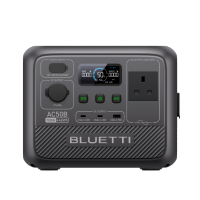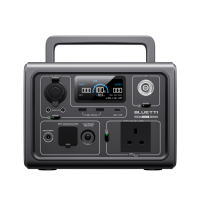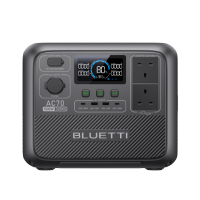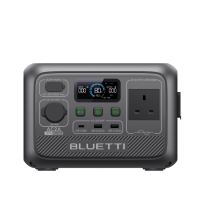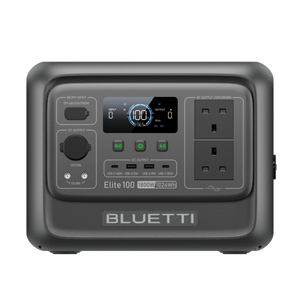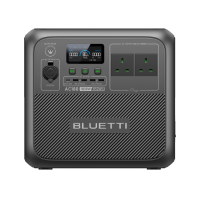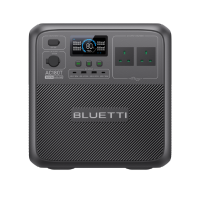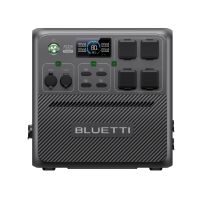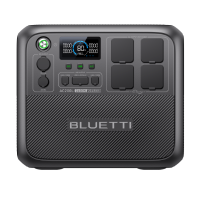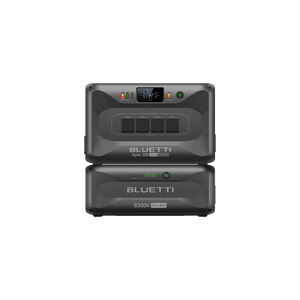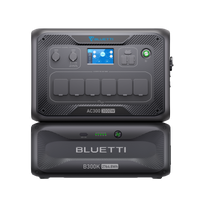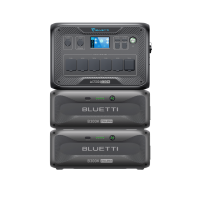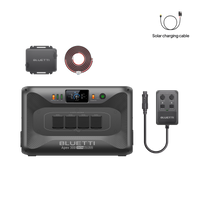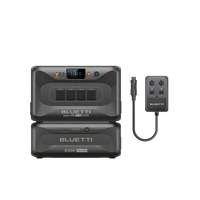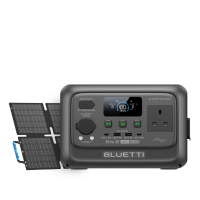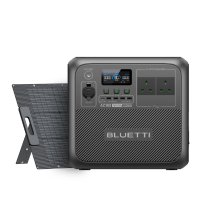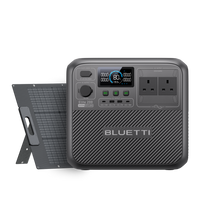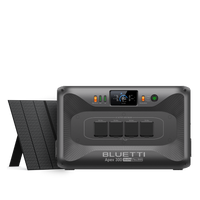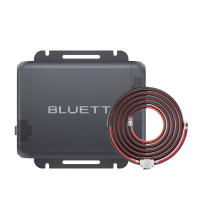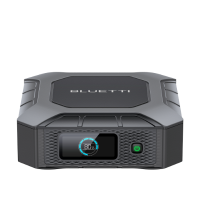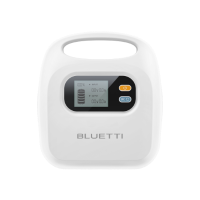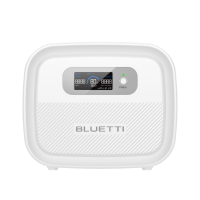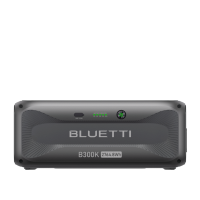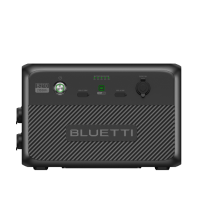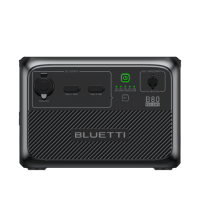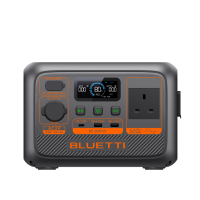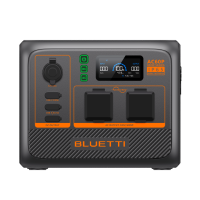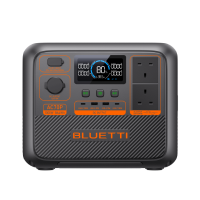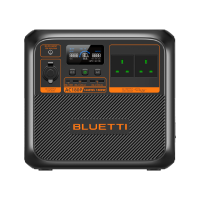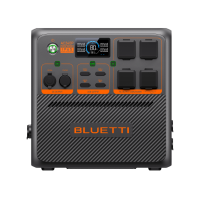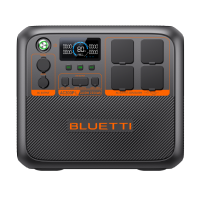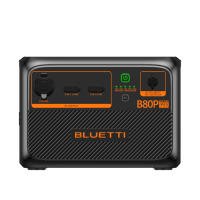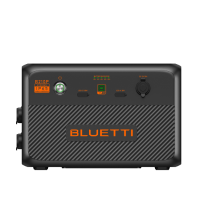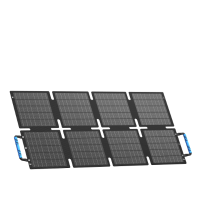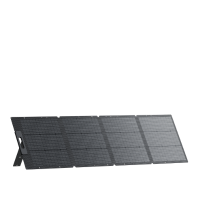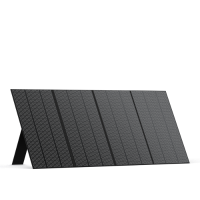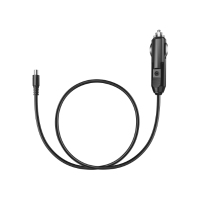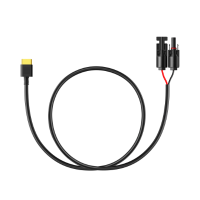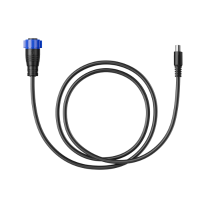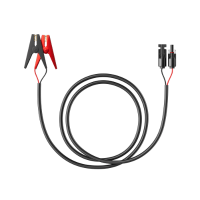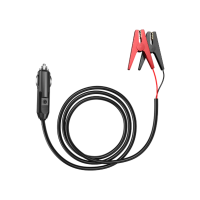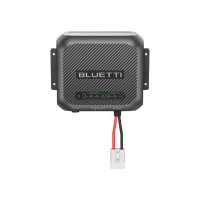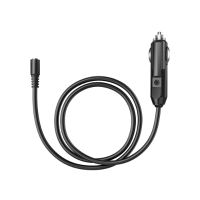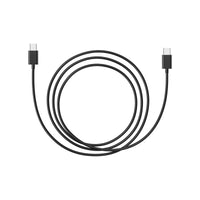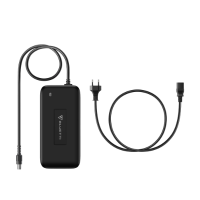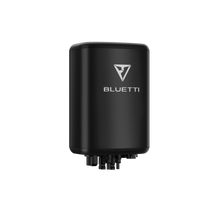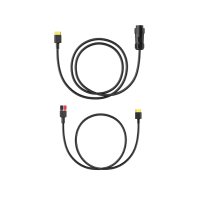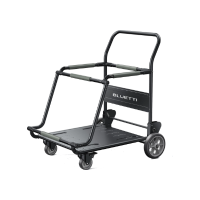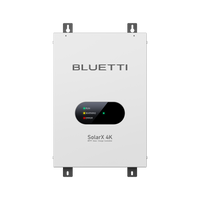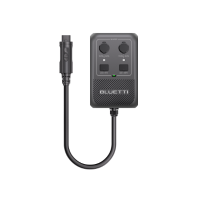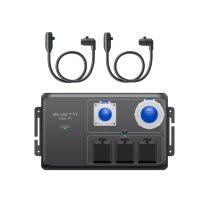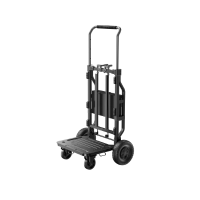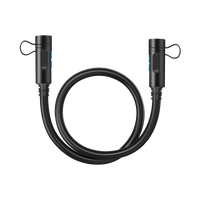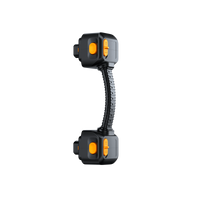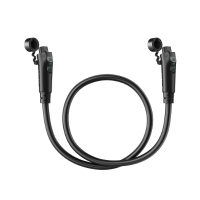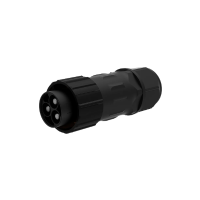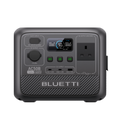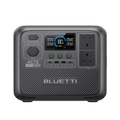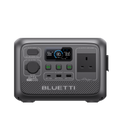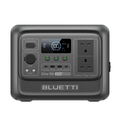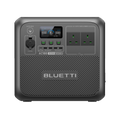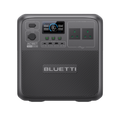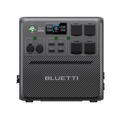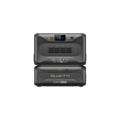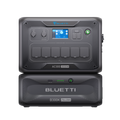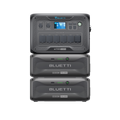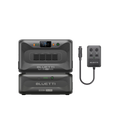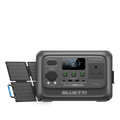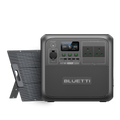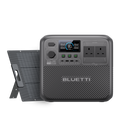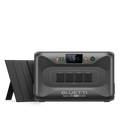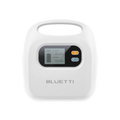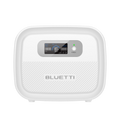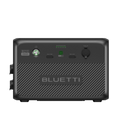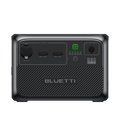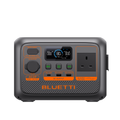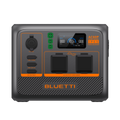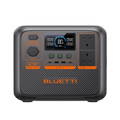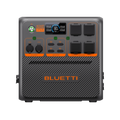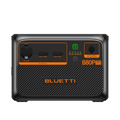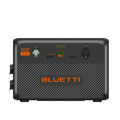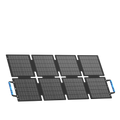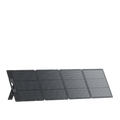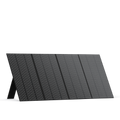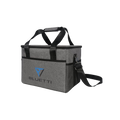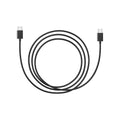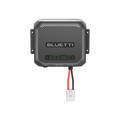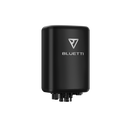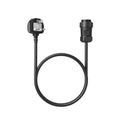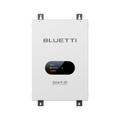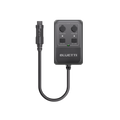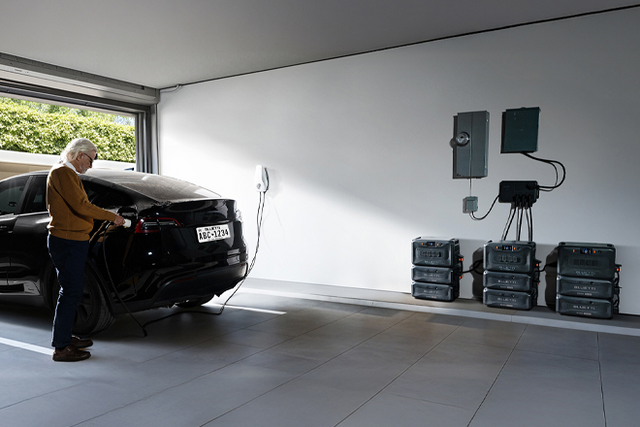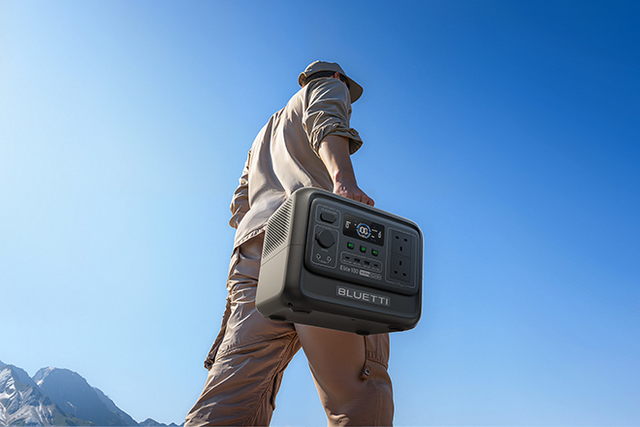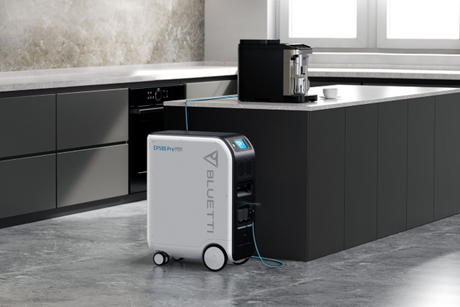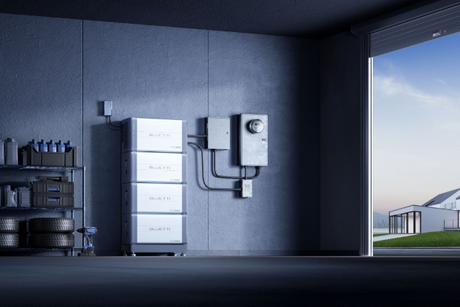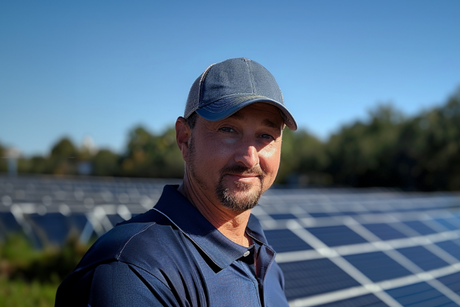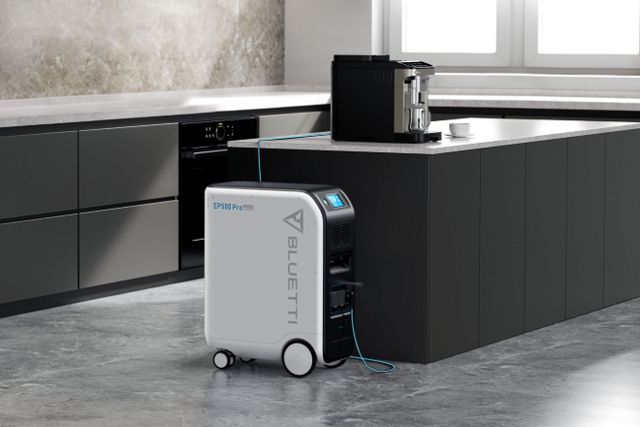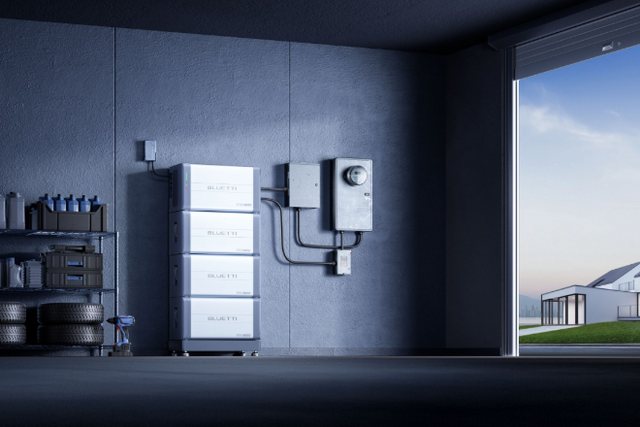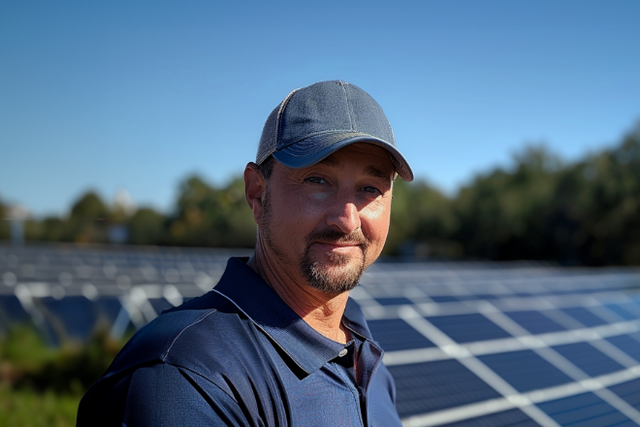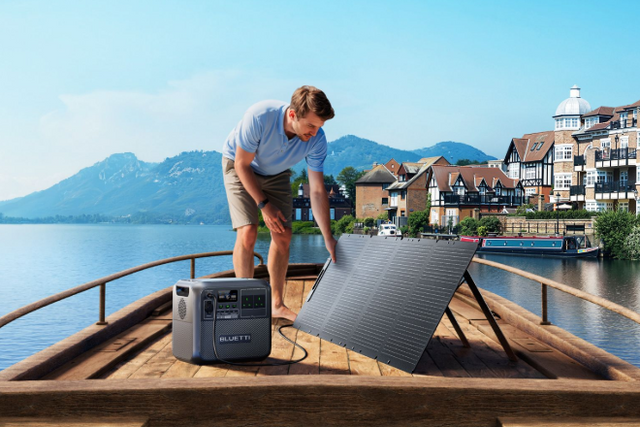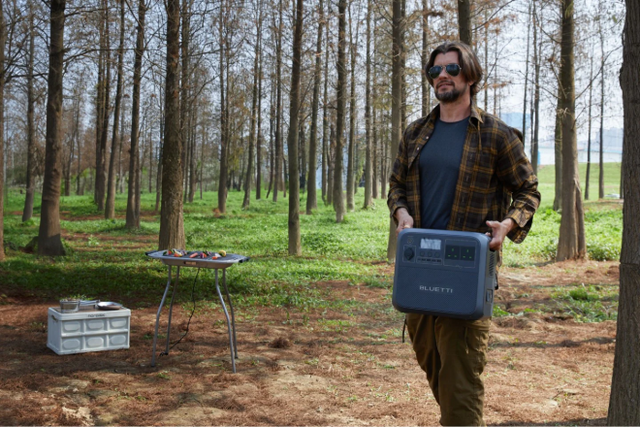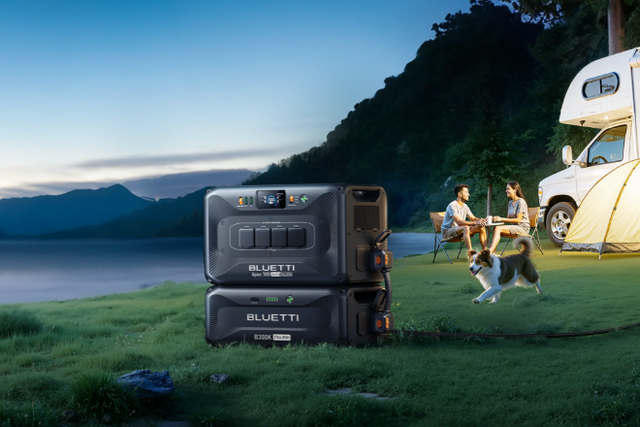Wales is a country where solar panel grants in Wales are widely used, from massive solar farms to rooftop solar gardens, demonstrating its scalability and versatility. Wales has set a target of 70% renewable generation by 2030, demonstrating a strong commitment to climate change mitigation and renewable energy.
What Are Solar Panels?
Installed on your roof, domestic solar photovoltaic panels use solar radiation to harvest energy and transform it into electrical power. Your home appliances are then powered by the electricity. They don't release any hazardous emissions and are a renewable energy source.
They are gaining popularity as an inexpensive, environmentally friendly source of electricity. By mounting a solar PV system on your roof, you may reduce your dependency on the grid and the volatility of energy costs. Additionally, you can significantly lower your power expenses because you are producing your energy.
Benefits of Solar Panels in Wales
Residential solar panels offer a host of benefits that make them an attractive option for energy production. They offer a clean, dependable, and sustainable energy source by using the sun's energy to create electricity. Solar power produces no greenhouse gases, in contrast to conventional fossil fuel-based systems, greatly lowering our carbon footprint and aiding in the fight against climate change.
Household expenditures can be significantly reduced with a solar system, and while an installation has some upfront fees, these savings usually surpass the system's initial cost over time. Wales homes can lower their energy bills and perhaps eliminate them by installing solar panels, which increases the affordability of energy consumption. Furthermore, you can sell any extra electricity you generate back to the grid, making your solar energy system a possible source of revenue.
Installing solar panels lessens your dependency on the electricity supply, resulting in a more reliable supply without the erratic energy costs that households living off the grid must deal with.
Wales's expanding solar sector contributes to economic expansion and the development of jobs. Solar panel production, installation, and maintenance jobs support regional economies and offer long-term employment opportunities.
Grants of Solar Panel Grants in Wales
Welsh households can presently take advantage of a number of solar panel grants in Wales in 2023 and 2024 and other incentives. These financial aid programs are designed to encourage the use of renewable energy sources and assist in bringing down household costs.
-
Energy Company Obligation 4 (ECO4)
A government effort called ECO4, which is overseen by the UK regulatory body Ofgem, aims to improve energy efficiency in the least efficient homes, giving low-income and vulnerable households priority. Major energy providers in Wales are required to install energy-saving measures in domestic homes as part of the initiative.
You may be eligible for free solar panels if you get certain benefits, such as Income-based Jobseekers Allowance (JSA), Universal Credit (UC), Child Tax Credits (CTC), or Pension Credit Savings Credit.
LA Flex, or Local Authority Flexible Eligibility, is an extension of the ECO4 project. Through this program, local governments can identify families who might not fulfil the federal requirements by establishing their eligibility criteria for energy efficiency improvements.
-
Nest Wales
The Welsh government launched the Nest project, which offers free advice on improving the warmth and energy efficiency of your house. You may also be eligible for free energy efficiency modifications, such as the installation of solar panels if you satisfy the requirements.
If you fit any of the following criteria, you might be eligible for Nest Wales:
- You may privately rent or buy your house.
- Your house is costly to heat and uses a lot of electricity.
- You or your cohabitant(s) receive a means-tested benefit or have a long-term medical, mental, or respiratory illness with an annual income below the designated limits.
-
Smart Export Guarantee (SEG)
Energy suppliers reward homeowners who generate their renewable electricity—for example, through solar or wind turbines—with an export tariff under the SEG.
Anyone installing solar panels with a capacity of up to 5kW is eligible for the SEG. In addition, they need to have an export metre installed and hold a certificate from the Microgeneration Certification Scheme (MCS) or an equivalent. While adding a solar storage battery to the system isn't necessary to qualify for SEG funding, it could help avoid the wastage of any extra energy.
-
Zero VAT
The usual rate of Value Added Tax (VAT) in the UK is 20% for the majority of products and services. Nonetheless, under government incentives, energy-saving supplies and machinery, such as the best solar panels, are eligible for a lower VAT rate.
The current lower rate is zero percent, and it will stay that way until March 31, 2027. It covers the installation of solar panels in homes located in Wales, Scotland, and England.
How to Install Solar Panels?
Installing solar panels involves a series of steps to ensure optimal performance and longevity. While it is recommended to hire a professional installer, understanding the basic process is essential. Here is an overview of the typical steps involved in solar panel installation:
Site Assessment: A professional installer will assess the site to determine its suitability for solar panels. Factors such as roof orientation, shading, and structural integrity are considered during this phase.
Design and Planning: Based on the site assessment, the installer will design a solar panel system tailored to the specific needs and conditions of the property. Planning includes determining the number of panels, their placement, and the inverter's location.
Permitting: In Wales, some solar panel installations may require planning permission. The installer will handle the permitting process, ensuring compliance with local regulations.
Installation: The solar panels are mounted on the roof or ground, and the inverter is installed to convert DC electricity into AC. Wiring and connection to the electrical system are completed during this phase.
Testing and Inspection: After installation, the system undergoes thorough testing to ensure its proper functioning. Depending on local regulations, an inspection by a certified authority may be required.
Connection to the Grid: If applicable, the solar panel system is connected to the grid, allowing for the export of excess electricity and participation in incentive schemes like the SEG.
Cost and Savings of Solar Panels
Depending on the size of the system, the needed electricity output, and the location of your property in Wales, the initial cost of installing solar panels can vary. The intricacy of the installation and the inclusion of solar batteries are other factors that impact the cost of solar panels. Nonetheless, the expenses often range from £3,500 to £6,000.
Your family energy bills will go down significantly if you generate your electricity, and the potential savings will go up if you sell any excess energy generated by your solar panels back to the National Grid under the SEG scheme. When all these considerations are taken into account, the payback time may be as short as six or seven years. After that, you will continue to generate electricity for free for the remaining life of the system, which may be as long as 25 or 30 years.
Do You Need A Battery for Solar Panels?
Yes, it is recommended to invest in a battery though it will add to your initial costs. With a battery, you can store extra electricity in the battery and use it when needed. Moreover, it helps to back up your home when there is a power cut. With rich experience in the battery industry, BLUETTI focuses on providing uninterruptible power to hundreds of families.
Increasing Solar Panel Efficiency: Introducing BLUETTI AC500 + B300S Home Battery Backup
The BLUETTI AC500 + B300S Home Battery Backup system is an impressive solution for those looking to harness solar energy in Wales. While the initial cost may seem substantial, the product's features and capabilities make it a worthwhile investment.
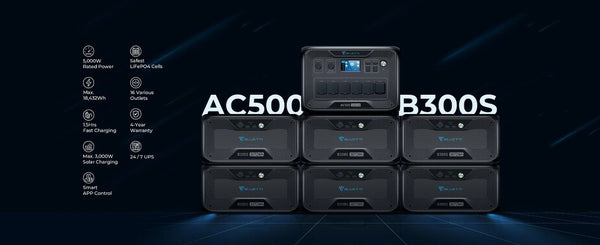
Key Features for BLUETTI AC500B300S
Expandable Capacity: Ranging from 3,072Wh to 18,432Wh, BLUETTI accommodates Wales' energy needs, facilitating scalable energy storage for those striving for energy independence.
Multiple Charging Options: With six recharging methods, including solar, BLUETTI aligns with Wales' commitment to diverse energy sources, enabling users to reduce reliance on the traditional grid.
Smart APP Control: WiFi and Bluetooth connectivity empower users in Wales with convenient monitoring and control, optimizing energy usage based on individual needs and resource availability.
Tie to Home Grid for 24/7 UPS: Particularly valuable in Wales' unpredictable weather, BLUETTI seamlessly ties to the home grid, ensuring an uninterrupted power supply (UPS) even during periods of low sunlight.
Warranty: The impressive 4-year warranty on BLUETTI AC500 & B300S provides users in Wales with confidence in the durability and reliability of their investment.
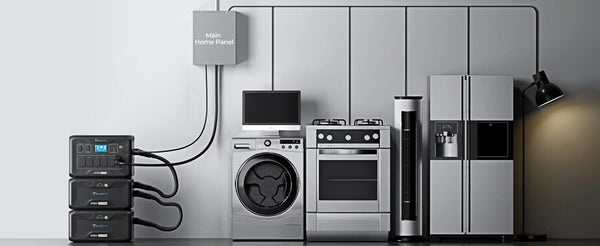
Maintenance of Solar Panels
One of the appealing aspects of solar panels grants Wales is their relatively low maintenance requirements. Proper maintenance, however, ensures optimal performance and extends the lifespan of the system. Here are some key maintenance considerations for solar panels:
Regular Cleaning: Dust, dirt, and debris can accumulate on solar panels, reducing their efficiency. Regular cleaning, typically with water and a mild detergent, helps maximize sunlight absorption.
Monitoring Performance: Utilize monitoring systems to track the performance of the solar panel system. Unusual drops in energy production may indicate a malfunction that requires attention.
Trimming Vegetation: Ensure that nearby trees and vegetation do not cast shadows on the solar panels, as shading can significantly impact their performance. Trim branches that may obstruct sunlight.
Inverter Maintenance: The inverter is a critical component that converts DC electricity to AC. Regular checks and, if necessary, professional maintenance can prevent issues and ensure smooth operation.
Professional Inspections: Periodic inspections by qualified professionals can identify potential issues early on, preventing more significant problems and ensuring the system's longevity.
FAQs
Is It Worth Getting Solar Panels in Wales?
Yes, to put it briefly. If you live in Wales, installing solar panels is well worth it. Approximately 3,000 kWh of electricity will be produced by a standard solar PV installation.
Is My Roof Suitable For Solar Panels?
In Wales, the majority of roof pitches range from 30 to 50 degrees, which is suitable for solar panels. While SE and SW are acceptable for solar PV installations, you should ideally have a portion of your roof facing south. There can be additional factors to take into account, such as trees and shade.
Do I Need Planning Permission For Solar Panels?
Planning approval is typically not needed when installing solar panels on your roof since this is considered an authorized development. However, there are some situations—like in conservation areas or around listed buildings—where approval might be needed.
Conclusion
As Wales strives towards a more sustainable and environmentally conscious future, solar panels emerge as a key player in the transition to cleaner energy sources. The benefits of solar panels, coupled with the availability of grants and financial incentives, make them an attractive option for homeowners and businesses alike. With proper installation, maintenance, and consideration of local regulations, solar panels in Wales not only contribute to reducing carbon emissions but also offer long-term financial savings and energy independence. As technology continues to advance and awareness grows, solar panels grants Wales are poised to play a pivotal role in shaping Wales' energy landscape for years to come.
Shop products from this article
You May Also Like

BLUETTI Black Friday 2025: Lowest Prices of the Year on Top Power Stations
BLUETTI Black Friday 2025 deals include new releases, exclusive bundles, tiered discounts, gifts, early bird pricing and much more on its top power solutions. Hurry up! Save more on portable,...

BLUETTI Black Friday 2025 Is Coming: Early Access, Lucky Draws & More Surprises Await!
BLUETTI Black Friday 2025 is around the corner! Are you excited to enjoy massive discounts, flash sales and free gifts from lucky draw and tiered savings? This is all under...

Why Is My Electric Bill So High? Understanding Causes and Saving Money
Have you ever encountered why is my electric bill so high? Let's discover its common causes, some practical solutions, and intelligent ways to reduce energy costs in the UK.


